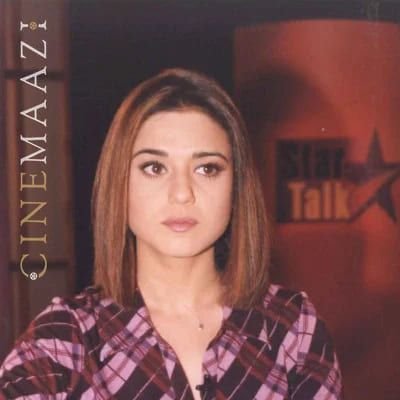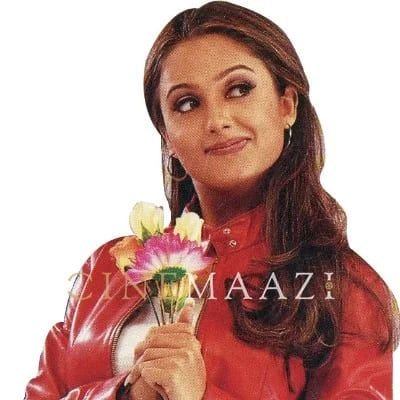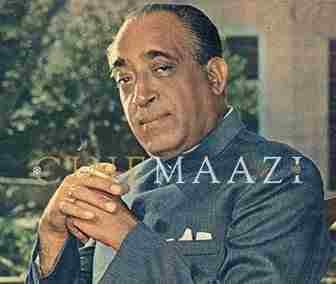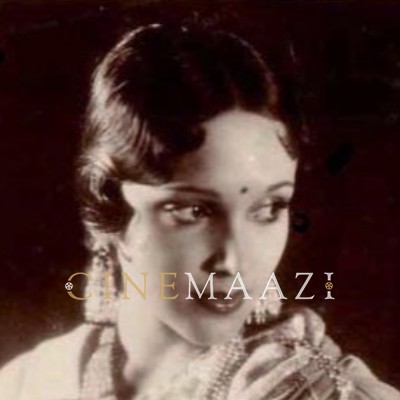D N Pai
Subscribe to read full article
This section is for paid subscribers only. Our subscription is only $37/- for one full year.
You get unlimited access to all paid section and features on the website with this subscription.
Not ready for a full subscription?
You can access this article for $2 , and have it saved to your account for one year.
- Real Name: Dattaram N Pai
- Born: 28/04/1910 (Goa)
- Primary Cinema: Hindi
The magic of the silver screen is very often credited to the director’s vision or the actors’ histrionic talent, yet neither would be coherent without the scissors of the editor. Indian cinema has been enriched by the work of many such editors who, often unheralded, have given shape to some of the most iconic films of all time. One such man was Dattaram N Pai. Over a long and productive career, he lent his formidable talents to a wide spectrum of films, ranging from the Bombay Talkies classic Achhut Kanya (1936) to Kamal Amrohi’s epic tragedy Pakeezah(1971).
It is a sad fact that editors and other technicians do not often get the limelight they deserve. As a result, there is a grave paucity of information about them. Hardly any information about D.N.Pai’s early life is available. But from his career trajectory, one can assume that he began a long association with Bombay Talkies and later shifted to Filmistan with Sashadhar Mukherjee and Ashok Kumar.
Bombay Talkies became known for their polished productions, which set their social dramas apart from other production houses. D.N.Pai was the man at the editing table for most of their iconic films of the 1930s– Achhut Kanya, Jeevan Naiya(1936), Prem Kahani (1937), Savitri (1937), Vachan(1938), Bhabi(1938), Nirmala(1938) and Bandhan(1940). He edited Naya Sansar (1941), the first film written by K.A. Abbas. Pai continued his involvement with Bombay Talkies up till the megahit Kismet(1943), which went on to become one of the most significant films in history. It was one of the earliest movies to feature an anti-hero, and was hugely successful at the box office.
The only film Pai is credited to have directed is the Saadat Hassan Mantowritten Eight Days(1946). Although Manto later claimed in his book that the film was a collective effort and there was no single director as such. Pai was later chosen to be credited as the director. Following his departure from Bombay Talkies, he stayed with Sashadhar Mukherjee’s Filmistan and edited super-hit films like Paying Guest (1957). He did not limit himself to one production house any more though. Over the years he was in charge of giving shape to films as diverse as Woh Kaun Thi? (1964), Gumnaam(1965) and Padosan(1968). It speaks volumes of his creativity and versatility that he could compose both the haunting frames of Woh KaunThi? as well as the breezy warmth of Padosan. He also worked with Raj Khosla in Do Badan(1966) and Anita (1967). In 1972 he was the man in charge of tying together Kamal Amrohi’s magnum opus Pakeezah, adding another iconic film to his oeuvre.
In the later part of his career, he worked alongside editor M.S Shinde in films like Chambal Ki Kassam(1980). While his editing style was never flashy, it worked as a perfect foil to the films’ narratives. It is a testament to his commitment and genius that he could cover such a wide range of genres and gift Indian cinema with unforgettable classics.









.jpg)



